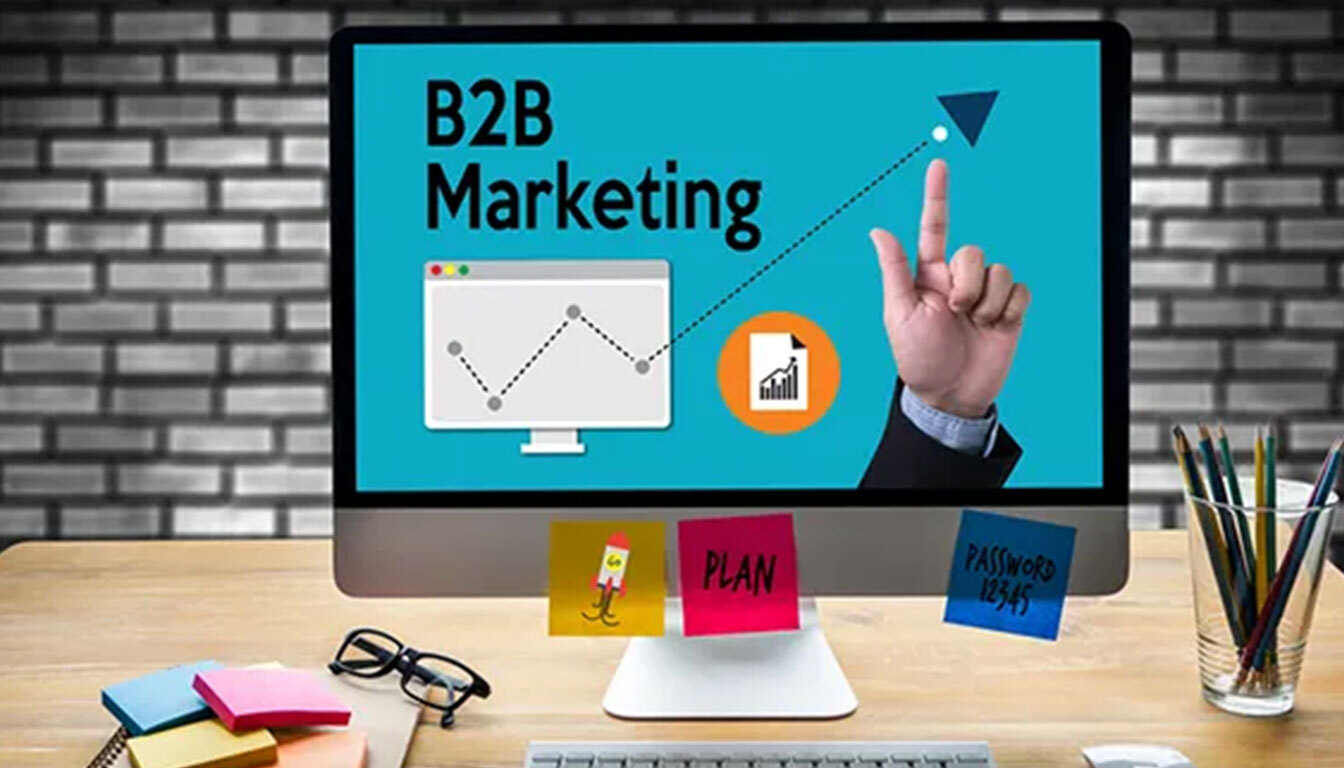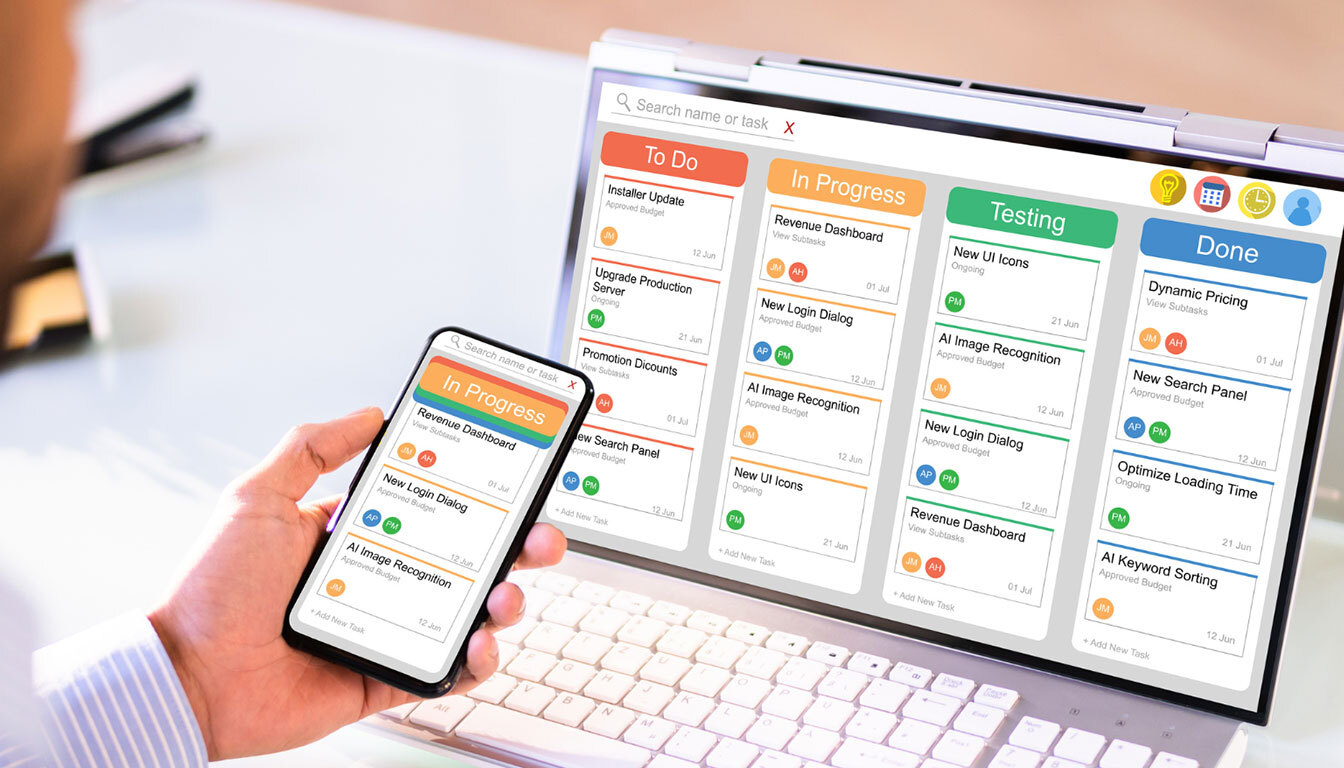
Harnessing Marketing Automation for B2B Content Marketing
Introduction
In today's digital age, B2B content marketing is essential for generating leads, nurturing relationships, and driving sales. However, creating and distributing high-quality content consistently can be a time-consuming and resource-intensive task. This is where marketing automation comes in. Also, the role of technology has become indispensable, in the ever-evolving landscape of B2B marketing. One such technology that has revolutionized the way businesses approach content marketing is marketing automation.
The essence of marketing automation lies in using software and technology to automate repetitive marketing activities. By harnessing marketing automation, B2B companies can streamline their content marketing efforts, improve efficiency, and achieve better results. In the realm of B2B content marketing, this translates into creating targeted campaigns that resonate with specific segments of the audience, nurturing leads, and ultimately, driving conversions. For more information on marketing automation, you can read our comprehensive blog on Mastering Marketing Automation for Enhanced Customer Engagement!
This blog explores the nuances of harnessing marketing automation for B2B content marketing, emphasizing its benefits, strategies, and implementation tips.
Benefits of Marketing Automation for B2B Content Marketing
There are numerous benefits to using marketing automation for B2B content marketing. Here are some of the most significant:
- Increased Efficiency: Marketing automation can automate many time-consuming tasks associated with content marketing, such as scheduling social media posts, sending email campaigns, and nurturing leads. This allows marketers to dedicate more time to strategic initiatives.
- Improved Personalization: Marketing automation allows you to personalize your content marketing efforts to target audiences. You can segment your audience lists based on demographics, interests, and behavior, and then deliver targeted content that is relevant to their needs.
- Nurturing Leads: Marketing automation can be used to nurture leads through the sales funnel. By sending automated email sequences, you can educate leads about your products or services, address their pain points, and move them closer to a buying decision.
- Measurable Results: In Marketing automation, you can track metrics such as open rates, click-through rates, and conversions to see what content is resonating with your audience and what needs to be improved.
- Analytics and Insights: Automation platforms provide detailed analytics on campaign performance, allowing marketers to measure success, identify trends, and optimize strategies in real time.
A Guide on Use Marketing Automation for B2B Content Marketing
- Content Creation: You can use marketing automation tools to schedule blog posts, social media updates, and other content to be published automatically. This can help you maintain a consistent content calendar and ensure that your audience is seeing your content regularly. Consider reading our blog, Content Marketing Automation: Streamline Your Strategy and Supercharge Your Results, that will guide you through how your content can be automated with the help of technology and tools.
- Content Distribution: Automated distribution of your content across multiple channels, such as email, social media, and your website is possible using marketing automation.
- Lead Nurturing: As mentioned earlier, marketing automation can be used to nurture leads through the sales funnel. You can create automated email sequences that educate leads about your products or services, address their pain points, and move them closer to a buying decision.
- Lead Scoring: Marketing automation can be used to score leads based on their engagement with your content.
- Reporting and Analytics: Marketing automation tools provide valuable data and insights into the performance of your content marketing campaigns. You can track metrics such as open rates, click-through rates, and conversions to see what content is resonating with your audience and what needs to be improved.
Here are some strategies for effective implementation of B2B marketing:-
Strategies for Effective Implementation
1. Define Clear Goals and Objectives
Before implementing marketing automation, it's crucial to define clear goals aligned with your overall marketing strategy. Whether it's lead generation, lead nurturing, increasing conversion rates, or improving customer retention, having specific objectives will guide your automation efforts.
2. Segmentation and Personalization
Utilize data-driven insights to segment your audience based on demographics, behavior, and preferences. Tailor content and messaging to each segment, delivering personalized experiences that resonate with their needs and pain points.
3. Content Mapping and Automation Workflows
Map out the buyer's journey and create automation workflows that deliver the right content at each stage. From awareness to consideration and decision-making, ensure that prospects receive timely and relevant information that moves them closer to conversion.
4. Lead Scoring and Qualification
Implement lead scoring models to prioritize leads based on their engagement levels and readiness to buy. By identifying high-quality leads, sales teams can focus their efforts on prospects that are most likely to convert, improving efficiency and closing rates.
5. Multichannel Engagement
Deploy automation across multiple channels such as email, social media, and website interactions. Consistent and coordinated messaging across these channels enhances brand visibility and reinforces your marketing efforts.
6. Continuous Optimization
Marketing automation requires continuous optimization and refinement. Regularly analyze performance metrics, A/B test campaigns, and adapt strategies based on insights to improve results over time.

Challenges and Considerations
While marketing automation offers numerous benefits, it's essential to be aware of potential challenges:
- Data Privacy and Compliance: Ensure compliance with data protection regulations (e.g., GDPR, CCPA) when collecting and using customer data.
- Integration and Training: Proper integration of automation tools with existing systems and training of marketing teams are crucial for effective implementation.
- Maintaining Human Touch: Despite automation, maintaining a human touch in communications is vital to building relationships and trust with prospects and customers.
Case Study: DGAS
A prime example of successful implementation of marketing automation in B2B content marketing is DGAS. DGAS utilizes marketing automation tools to streamline lead generation and nurturing processes. By segmenting their audience and delivering personalized content through automated workflows, DGAS achieved a significant increase in lead conversion rates and shortened sales cycles. Learn more at Amit Jadhav’s online digital marketing video course, “DGAS” (Digital Growth Accelerator System) and get noticed in the digital world!
Conclusion
Harnessing marketing automation for B2B content marketing is not just about adopting the latest technology; it's about leveraging it strategically to enhance customer experiences, drive engagement, and achieve business goals. By defining clear objectives, implementing targeted strategies, and continuously optimizing campaigns, businesses can maximize the potential of automation to deliver personalized, relevant content that resonates with their audience throughout the buyer's journey.
In essence, as technology continues to evolve, marketing automation remains a powerful tool for B2B marketers looking to innovate and stay ahead in a competitive marketplace. Embrace automation wisely, and it can become the cornerstone of your B2B content marketing strategy, driving growth and fostering lasting customer relationships.
- Amit Jadhav
www.amitjadhav.com
